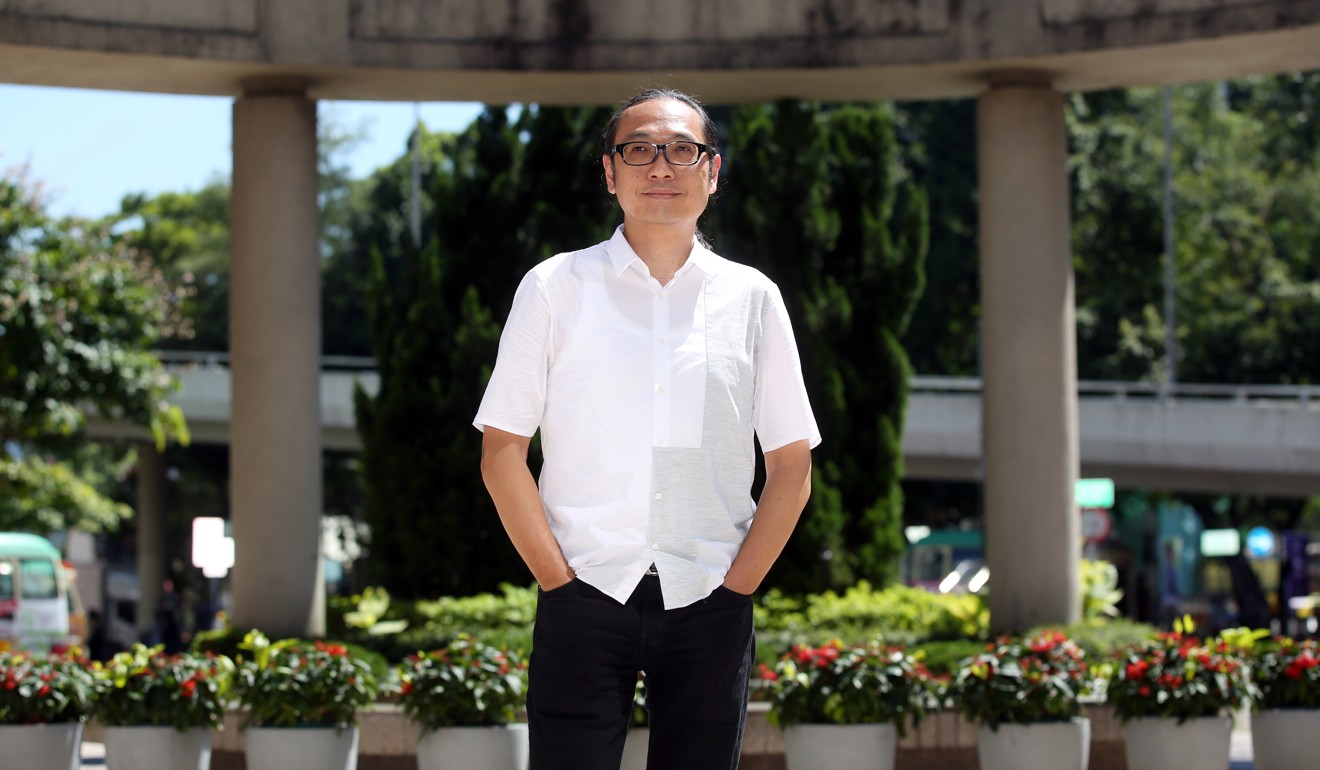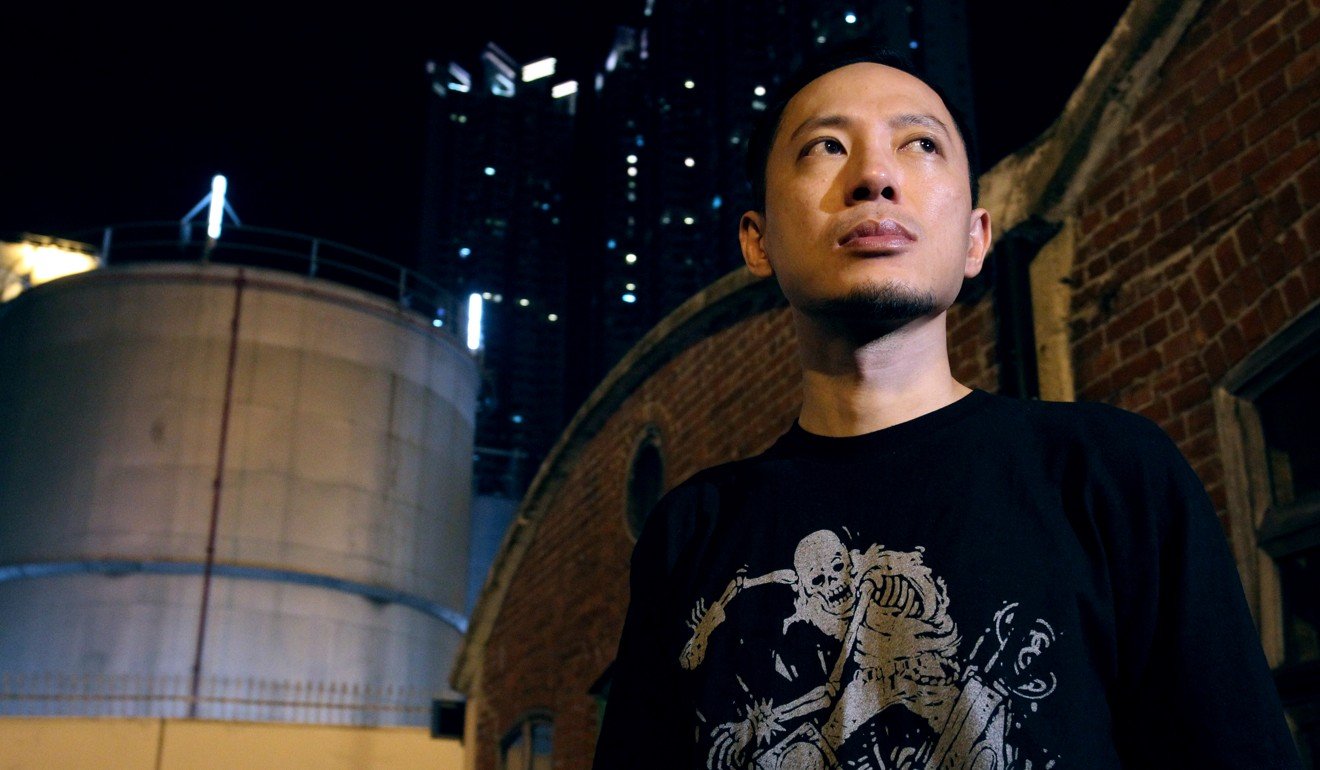
Music makers in Hong Kong offer mixed views on Chinese national anthem law taking effect in city
Local implications pondered as Beijing applies new policy on mainland
Hong Kong’s top music makers and experts are offering mixed opinions about the future application of a national anthem law in the city as it took effect on the mainland on Sunday.

“The most unsettling part is how to define those key terms in the mainland law, including malice,” said Adrian Chow Pok-yin, music committee chairman of the Arts Development Council, a statutory advisory body.
Chow, a songwriter who holds a law degree, believed “creative freedom” could be hindered. “Without a clear definition and a mechanism to enforce the judgment, composers may choose to stay away from it.”
A fair and reasonable mind should prevail when it comes to future cases involving the national anthem in Hong Kong
Local veteran pop songwriter Michael Lai Siu-tin, who has 700 songs under his belt, expressed no personal concern about the future law, claiming marching songs were not his preferred genre.
“I write love songs and not marches,” he explained. “I think we in showbiz are safe and we write what we are paid for, such as film music.”
Chan Wing-wah, a veteran composer of symphonies and a music professor, cited Tchaikovsky’s 1812 Overture in which the French national anthem, La Marseillaise, was used to describe Napoleon’s defeat by the Russians.
“That musical description was an historical fact and not ridiculing the French,” he said of its rallying purpose. “So I think the same judgment based on a fair and reasonable mind should prevail when it comes to future cases involving the national anthem in Hong Kong,” he added.
Explainer: what will China’s national anthem law mean for Hong Kong?
“I think it’s more a psychological thing as we composers have never had anything like it before in our creativity, which is very delicate,” he said.
“Whether this precedent will be the first of more similar laws to come is also a cause for concern.”

Steve Hui Ngo-shan, an accomplished experimental composer, said he took no interest in the Chinese national anthem until the law came.
“We composers like to take on challenges regarding how to go around rules and still deliver our music,” he said.
“I don’t see the need for any special provisions for composers in adapting the law to Hong Kong. As creative artists, we should do better than others to craft our art without violating the law.”
Why controversy marches to the tune of China’s national anthem
But Chow did not share the same optimism and believed some major changes were necessary for the national anthem law to be localised.
He called the 15-day penalty for violators a “limitation of personal liberty without trial”.
“This is utterly unacceptable to Hong Kong as it’s never been our common law tradition to allow for this kind of penalty,” he said.

